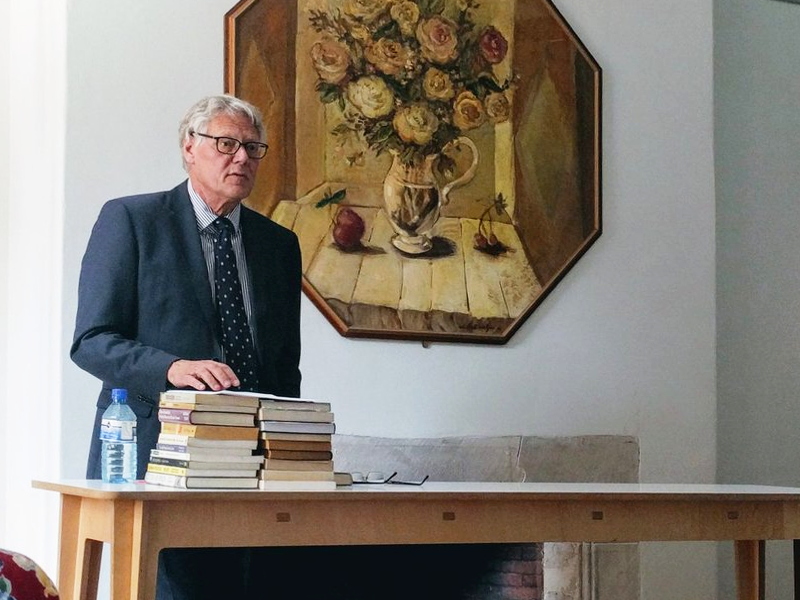
Donald Trump – Aggravator or Catalyzer of the European Crises?
Öffentlicher Vortrag von Prof. Dr. Wolfgang Seibel, gehalten am Centre for the Study of Governance Innovation der University of Pretoria (15. Februar 2017).
Aus der Einleitung
One might reasonably ask what is actually special about Donald Trump and the Trump presidency. After all, it is not populism in public office that is new. Neither is Donald Trump the first narcissist in high ranking public office nor is he the first head of state whose political proclamations sound plausible and credible to many but lack operational implementation strategies. And he is certainly not the first political leader whose conduct in office is likely to do most harm to those allegedly most favored by his policy, those “forgotten men and women of our country … [who won’t] be forgotten no longer,” as Trump has put it in his inauguration address.
What is really new about Donald Trump and the Trump presidency is that, this time, populism in public office and extreme narcissism affects a stable and full-fledged democracy with a well-functioning rule-of-law system, a free press and a strong commitment to constitutional values. This is bad news and good news at the same time.
The bad news is that it is, after all, the most powerful democracy of the world that is now governed by a president whose commitment to the rules and institutional logic of the democratic system is doubtful.
The good news is that Donald Trump is facing a constitutional order and a system of rule of law of particular strength and deep-rooted tradition as well as a media landscape shaped by strong professional ethos. This marks the sharp difference relative to Putin’s Russia, Erdogan’s Turkey or the many other cases of populism in public office one might think of. The more than bumpy start of the Trump administration demonstrates precisely this. Losing a case for a travel ban at two consecutive stages in court and losing a National Security Advisor after three weeks in office was the result of the inevitable encounter of a president in defiance of basic principles of responsible and, thus, professional government and the tight grip of institutional and professional integrity that characterizes, after all, the American democracy and the guardians of its core-institutions.
Those are the signs of good hope and any talk of the US becoming a dictatorship or at least an authoritarian regime is, to put it bluntly, just nonsense.
In what follows, I will underline two statements.
First: The robustness of US democracy notwithstanding, we have no sound reason to assume that there will be a step-wise normalization of US foreign policy under the pressure of economic or other functional necessities and related strategy building outlined by the Trump administration, its advisors or think tanks.
Second: A more realistic and thus productive response to the Trump presidency is turning the predictable volatility of US foreign policy into the proverbial window of opportunity. This affects primarily those who used to be the United States’ closest partners and that affects, as far as Europe is concerned, the member states of the European Union and NATO. What one may hope for is that determined agenda setters, especially in Europe, pave the way for a renewed multilateralism within the European Union and NATO and, ultimately, also for a renewed transatlantic partnership with United States of America.
Failure to perceive and to use that opening window of opportunity will, I am stating, make Donald Trump and aggravator of the already serious condition of the European Union and NATO while recognizing and using it may turn the Trump presidency into a productive catalyzer of the European crises in the sense that the Trump phenomenon may trigger and accelerate processes of political realignment in Europe that are overdue anyway.
